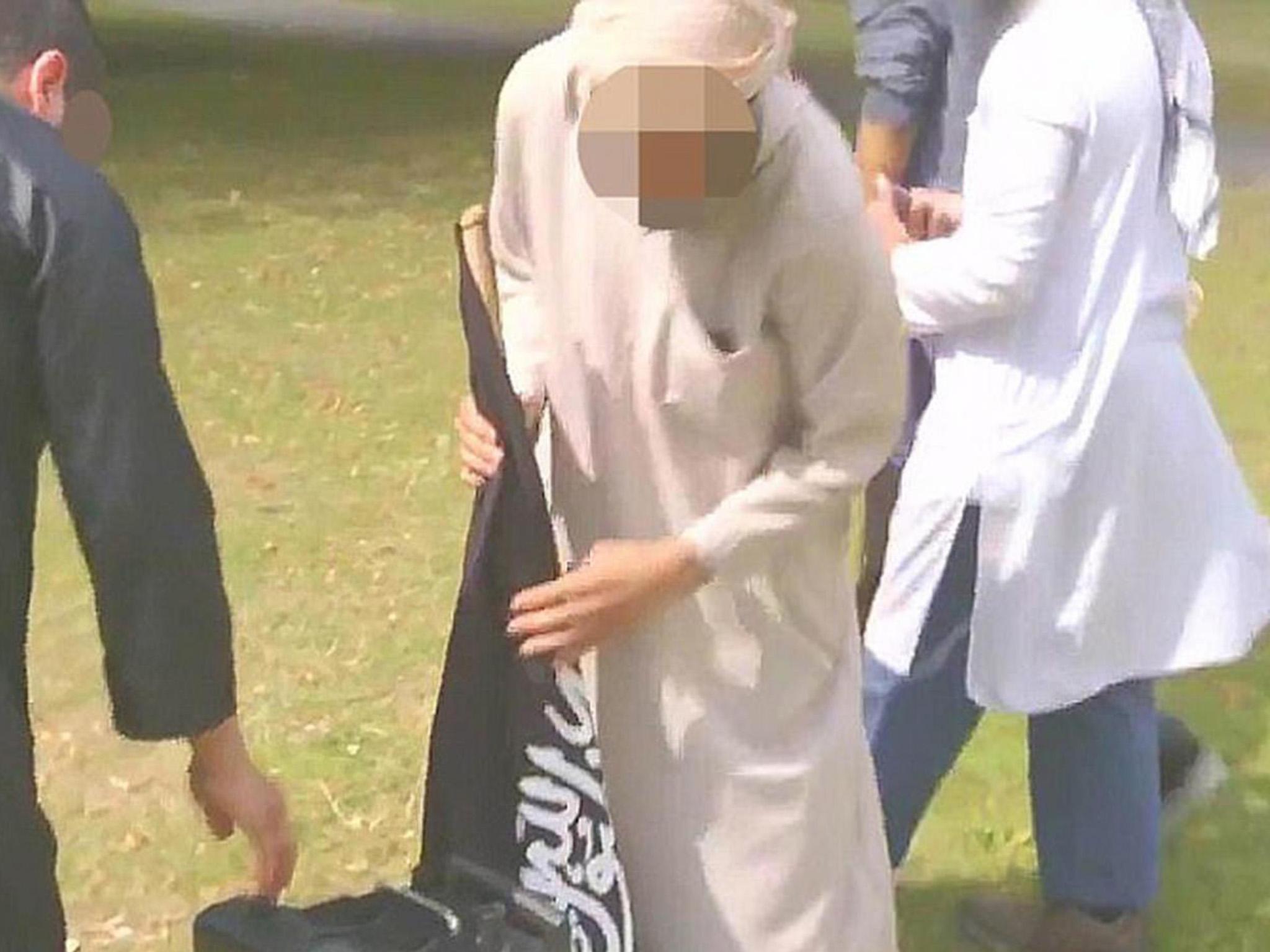The Independent's journalism is supported by our readers. When you purchase through links on our site, we may earn commission.
Prevent is failing because neither Muslims nor the Government will take responsibility for it
It shouldn’t be controversial to say British Muslims have a role to play in defeating Isis. If they are not best equipped to stop more individuals being seduced by this murderous cult, then who is?


I was in central London on Saturday night with friends until the terror attacks forced us to leave. Half of us wanted to stay and carry on drinking, otherwise we were letting the terrorists “win”. But the other half were worried about seeing their children again, or had wives who wanted them somewhere safe. We had to leave. Sometimes our gut reactions are more right than we'd like to admit.
London will, of course, carry on with grit and determination, as it always has, but it’s not enough to just call for solidarity and not giving into fear. We need to recognise that people need to feel safer than they do now. Calls for unity and tolerance are no substitute for feeling safer; in fact, you cannot have one without the other.
In other words, we need a debate on how to improve counter-terrorism without name-calling. So far, that has proved beyond our wit.
The fact that thousands of British Muslims have become radicalised by Isis and the civil war in Syria since 2011 is a major cause for alarm, and yet neither the Government nor British Muslim leaders seem to know how to respond.
It should no longer be controversial to say British Muslims have a role to play in defeating Isis. If they are not best equipped to stop more individuals being seduced by this murderous cult, then who is?
Do Muslims need to take responsibility for the minority of extremists? No. Do they need to condemn extremists every time? No, they don’t. But can they help in the fight against extremists? Absolutely.
Of course we all have our part to play. It is also the responsibility of white people to challenge the racism they perceive around them, the role of Hindus to speak out against violence in India, of Buddhists to condemn massacres of Rohingyas, and so on.
Yet we spend so much time arguing about who should take responsibility for what actions, and who should be condemned, more important questions are never asked.
Here is the key question: why is the Prevent programme, designed to stop Britons being seduced by extremists, failing so badly? It’s not just radical Islamism that is on the rise; white far-right extremism is also growing.
In some parts of the UK more white young people are being referred to Prevent than Muslims. It may be doing some good work but the system is broken and unable to cope. And it is failing because neither the Government nor Muslim groups want to admit they are at fault and make a change.
Last month, the Muslim Women’s Network had a stark message after the Manchester attack: “Those who do not want to help find solutions must stop trying to deliberately disrupt and demonise those actively working to defeat extremists and terrorists; otherwise the cost will be the loss of more innocent lives.”
Yet that message barely seems to have been heeded.

Some Muslim critics of the Prevent strategy had good reasons for raising concerns about racial profiling, excessive spying and removing basic civil liberties from innocent individuals.
But there are British Muslim groups whose sole agenda has been to undermine counter-terrorism and criticise the Government without offering alternatives. There have been relentless campaigns to smear anyone who works with the Government to stop radicalisation.
And, as prosecutor Nazir Afzal has pointed out, politicians have only engaged for show with more self-appointed “community leaders” than representative groups. The Government needs to treat Muslims as partners, as citizens, not as a problematic alien group.
And there lies the crux of the problem: the Tories have been more interested in using counter-terrorism to score points than to make sensible reforms.
Counter-terrorism won’t function effectively unless the police and security services work with British Muslims, not against them. Yet they have largely ignored advice from Muslims that have wanted to work with them and resisted calls for reforming the Prevent programme. Instead, this Tory Government has taken every opportunity to ‘look tough,’ rather than act sensibly.
Theresa May, for her part, has tried to divert blame by taking everyone down the rabbit hole of mobile encryption and trashing human rights law. Both are pathetic excuses.
The Government doesn’t need more laws on terrorism: there have been more than 100 implemented since 2001 alone. Neither can the Government persuade tech companies to build them a backdoor, especially since one caused the NHS cyber-attack. Nor will she admit that cuts to policing numbers have made counter-terrorism harder.
The Home Office is even failing in the basic task of monitoring or barring hate preachers from entering Britain. Even as Labour MPs have raised this issue, the Government has ignored them.
Our national security is more important than political point-scoring. If Britons don’t feel safe, there will be more attacks, more polarisation and more strife.
Britain has shown tremendous spirit and solidarity in recent weeks after each attack, but it now needs to be followed up with sensible plan of action.
Join our commenting forum
Join thought-provoking conversations, follow other Independent readers and see their replies
Comments
Bookmark popover
Removed from bookmarks